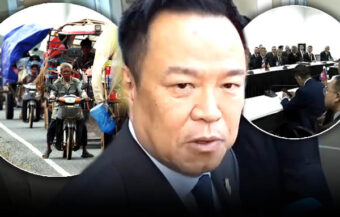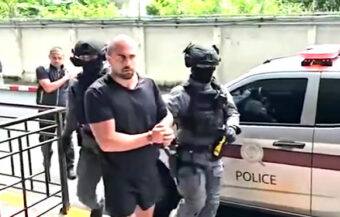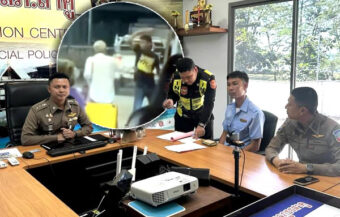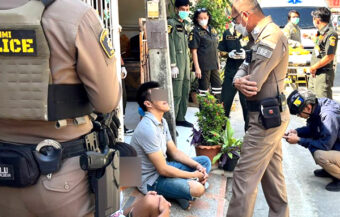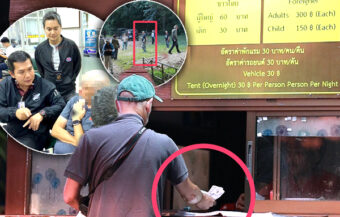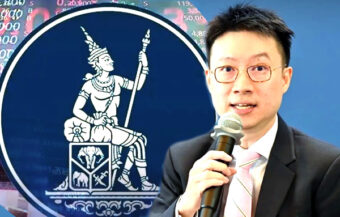Thailand’s journey back to democracy looks like it has been delayed as both sides of the political divide agreed that a proposed draft constitution should be rejected.
On Sunday the 6th September when the National Reform Council , a body selected by the ruling military junta in Bangkok voted to reject a draft constitution by a vote which saw 135 votes against and 105 votes for.
Seven of the members of the council abstained.
New charter needed to provide political stability
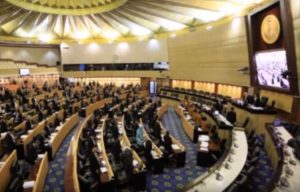
In May 2014 the military seized power in Thailand following an extended period of political protest and turmoil.
After the coup, the military announced an interim constitution that seemed to go some way towards the demands of the reformers or those who opposed the last elected government of Yingluck Shinawatra.
This interim constitution called for the drafting of a new charter or constitution which it is intended will provide for a more stable political environment while avoiding abuses of the democratic process.
Commentators in Bangkok interpret the vote on Sunday as meaning that the Thai military junta will be in power now for at least a further year possibly two years before the constitutional process or roadmap returns the country to civilian rule. The junta had promised elections in 2015 but recently announced that these elections were postponed until 2016.
Rejection of draft charter welcomed by both sides of Thailand’s political divide at this time
Ironically the result of Sunday’s vote has pleased both faction son each side of the political divide. Hardliners or conservatives within the council itself had been pressing the military junta not to relinquish power for at least two years while those supporting the redshirts or opposition parties had also called for the rejection of the draft.
Many parties oppose the draft charter that was rejected, feeling that it contained provisions that would severely undermine the stability of future governments that might come to power through the electoral process and in effect provide a legal framework for the removal of elected governments.
Mr. Chevalit Wichayasuth of the Pheu Thai party, the ruling party in the last elected government and the party closely associated with the Redshirt movement, had called for the rejection of the draft constitution.
‘If the reform council rejects the draft, it will benefit the country, because it would not have to waste 3 million baht in the referendum,’ he said.
Redshirt movement linked to former PM Thaksin Shinawatra deposed in a military coup in 2006
The redshirt movement is a loosely framed coalition of actors who broadly supported the last elected government led by Yingluck Shinawatra, the sister of Thaksin Shinawatra, the political leader who is seen as a divisive force in Thai politics and lives in exile outside Thailand.
Mr Thaksin was deposed by a military coup in September 2006.
Mr Shinawatra was sentenced by a Thai court to two years in jail in absentia on charges of abuse of power in 2008. Mr Shinawatra, a highly successful businessman came to power in 2001 having founded the Thai Rak Thai party in 1998.
His populist policies and expansionist economic programmes made him very popular with Thailand’s poor particularly those living in the north of the country.
However, his domination of the political process and personal style seemed to alienate him from the more established citizens of the country particularly those in Bangkok.
Polls show solid report for the military junta
The other side of the political divide is led by conservative elements and reform movements who spearheaded the extended protests in 2014 which led up to the army intervening to restore order in the country.
Recent opinions polls in Thailand show that there is general support for the military junta which is pursuing a programme of bringing more stability and order to the country while attempted to implement reforms designed to root out corruption.
Join the Thai News forum, follow Thai Examiner on Facebook here
Receive all our stories as they come out on Telegram here
Follow Thai Examiner here
Further reading:
Radical new Thai constitution now in the hands of the Thai people who vote in August

